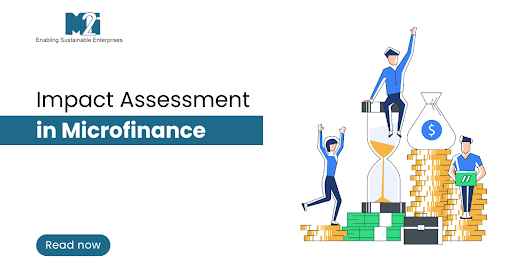Measuring What Matters: The True Impact Assessment in Microfinance
.png)
In today’s dynamic development landscape, impact assessment in microfinance has emerged as an essential practice for understanding whether financial inclusion truly delivers on its promise. Microfinance institutions (MFIs) have long served as a catalyst for change by offering small loans, savings, and insurance services to low-income and underserved populations. But providing financial services is just one part of the equation—measuring their real-world impact is what truly completes the picture. Impact assessments help identify whether these services lead to meaningful improvements such as better incomes, increased access to education and healthcare, or enhanced decision-making power—especially among women. These insights are invaluable for improving services and strengthening institutional credibility. Why Impact Assessment is Crucial in Microfinance A well-executed impact assessment in microfinance allows organizations to look beyond repayment rates and analyze deeper social a...

.png)
.png)
.png)
.png)
.png)